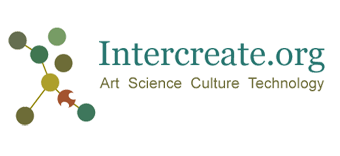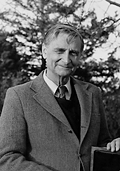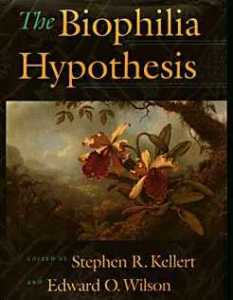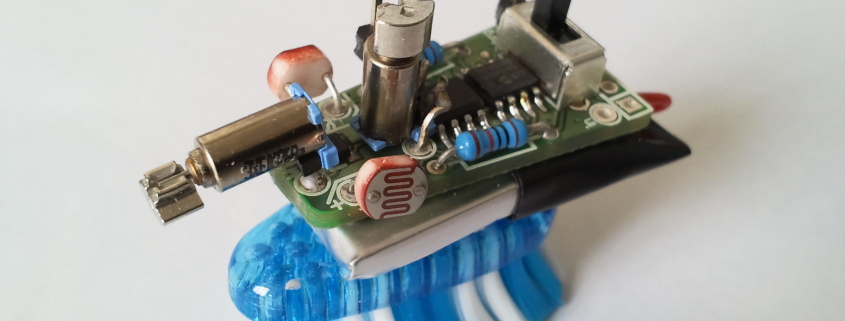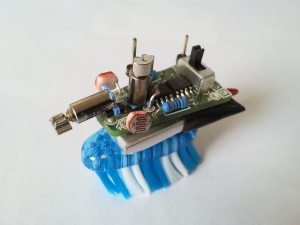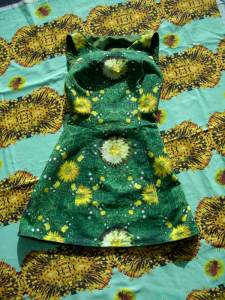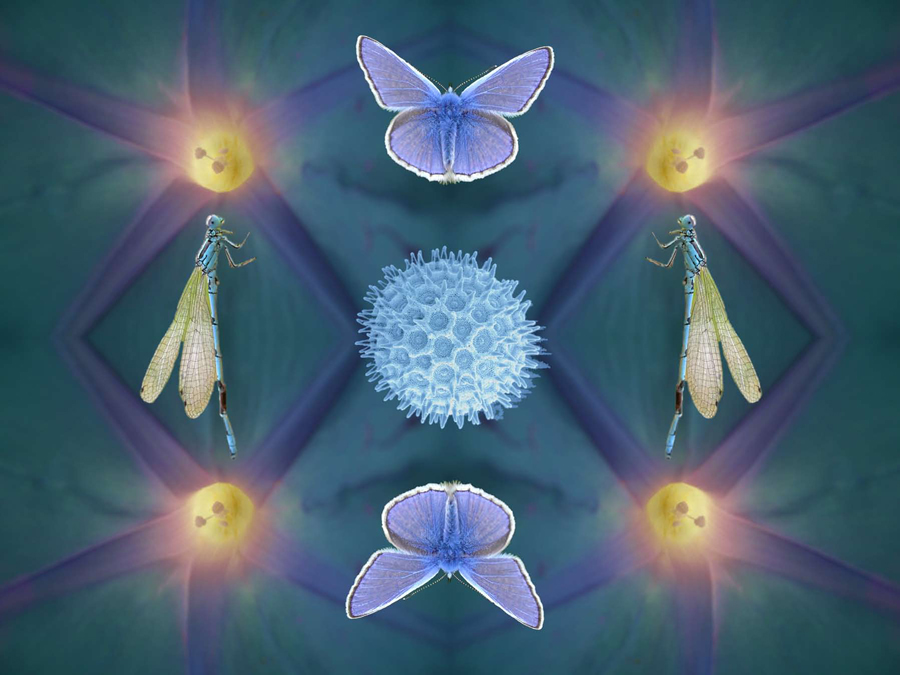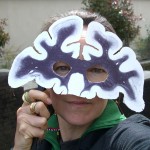Thriving in a World of Complexity – using Living Systems Thinking
In this workshop we will question long held assumptions and knowledge about how we make things happen in complex environments, communities and organisations where things are seldom black and white. That will involve us better understanding the nature of complexity itself, its networks, dynamics, ambiguities, patterns and how the new emerges within in it. In this domain we need to be prepared to replace our simple and complicated “problem solving” and “change management” processes with more effective ways involving networks, inter-dependence, win-win alliances and telling new stories that lead us towards the long term outcomes we all seek – far beyond just today’s sustainability practices.
Living Systems Thinking is about taking lessons from nature and applying them (sometimes called Biomimicry). The Tipu Ake ki te Ora Organic Leadership model (www.tipuake.org.nz), the Cynefin Framework, a range of other participative exercises and fun will be used to help us do that. Its all about growing team behaviours and organic leadership that can exploit our collective wisdom and co-creative power.
Andree Mathieu and Peter Goldsbury – Educator, University of Sherbrooke, Quebec, Canada and Learning Facilitator, Strategic Expertise Ltd, NZ
